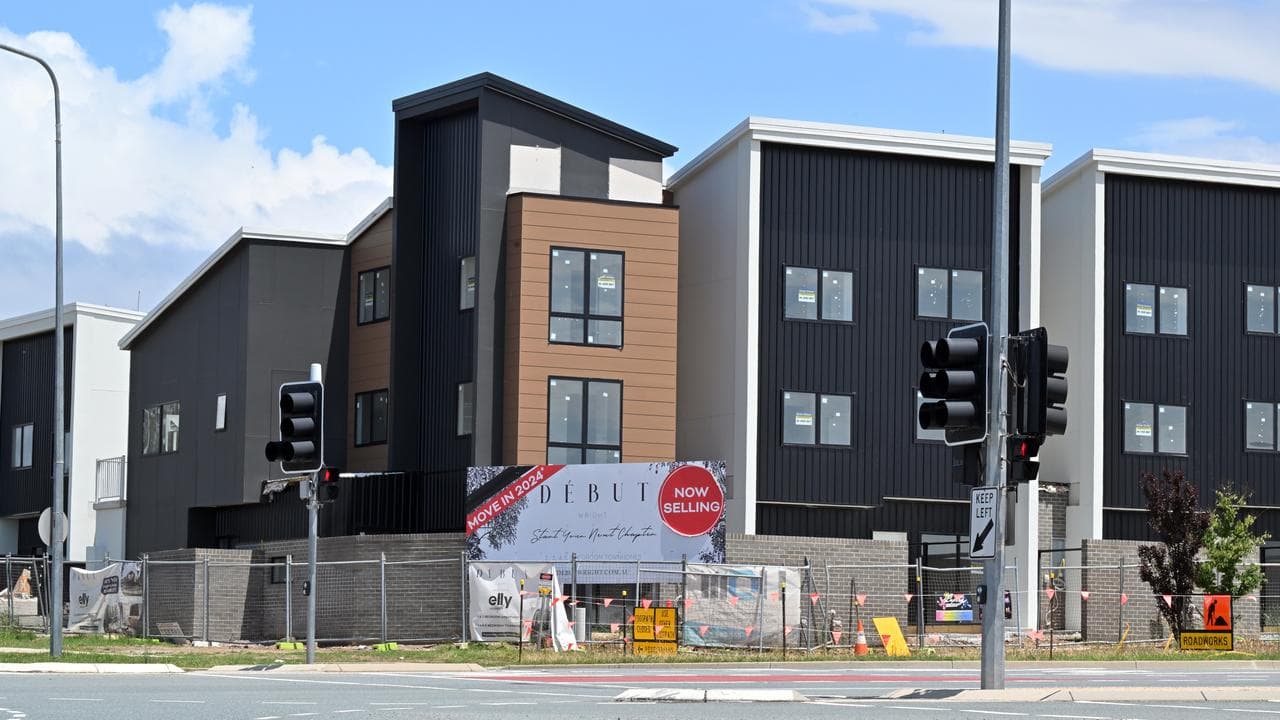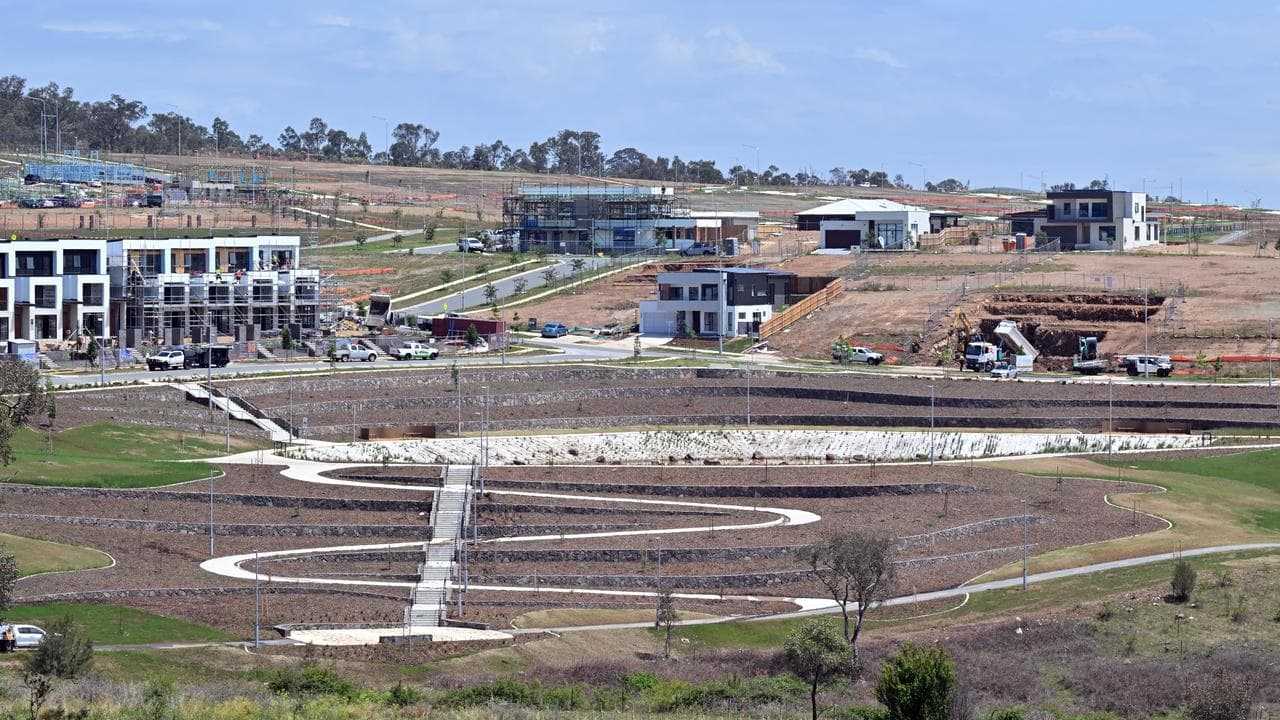
Stronger-than-expected retail sales figures could weaken the case for a central bank interest rate cut but little can shake the market's conviction that mortgage relief is around the corner.
Traders were pricing in more than a 90 per cent chance the Reserve Bank of Australia would cut rates by 25 basis points on February 18 after a surprisingly soft inflation report at the end of January.
The Australian Bureau of Statistics will on Monday reveal another gauge of the strength of the economy when it releases retail spending data for the month of December.

Turnover is expected to decline after early Black Friday sales boosted October (+0.5 per cent) and November figures (+0.8 per cent) but the result was unlikely to shape RBA views either way, NAB economists Tapas Strickland and Taylor Nugent said.
NAB was the last big four bank to move forward its initial rate cut prediction from May to February after trimmed mean inflation - the central bank's preferred measure - undershot expectations at 0.5 per cent for the December quarter.
That was driven lower largely due to surprisingly weak housing costs through the end of 2024.
Whether the housing downturn continued in January will be revealed when property data firm CoreLogic releases its monthly home value index.
AMP chief economist Shane Oliver predicted another 0.1 per cent dip in national home prices, matching the decline recorded in December.

But a lack of new housing supply is expected to keep a floor on home values despite a recent uptick in building activity and dwelling approvals.
The statistics bureau will also release building approval figures for December on Monday.
While the trend is gradually increasing from its nadir at the start of 2024, November's figure of 14,998 approvals was still significantly below the 20,000 needed each month to meet the federal government's target of 1.2 million new homes in five years.
For many investors, developments in the US will be more eye-catching.
Employment data will be in focus on Friday when non-farm payroll jobs figures are released, with the world's strongest economy's labour market still relatively tight at 4.1 per cent.
Tech giants Alphabet and Amazon will be the latest of the so-called magnificent seven stocks to report earnings on Wall Street after the sector was rocked by the revelation of Chinese AI disruptor DeepSeek.
US stocks ended lower on Friday after the White House said President Donald Trump will implement tariffs of 25 per cent on Canadian and Mexican imports and 10 per cent on Chinese goods.
The Dow Jones Industrial Average fell 337.47 points, or 0.75 per cent, to 44,544.66, the S&P 500 lost 30.64 points, or 0.50 per cent, to 6,040.53 and the Nasdaq Composite lost 54.31 points, or 0.28 per cent, to 19,627.44.
Australian share futures fell 16 points, or 0.18 per cent, to 8491.
The local share market on Friday finished at its highest-ever level, eclipsing its previous record set eight weeks ago.
The benchmark S&P/ASX200 index rose 38.6 points, or 0.45 per cent, to 8,532.3, breaking its previous record of 8,495.2 from December 3.
The broader All Ordinaries climbed 43.8 points, or 0.5 per cent, to 8,789.7.




